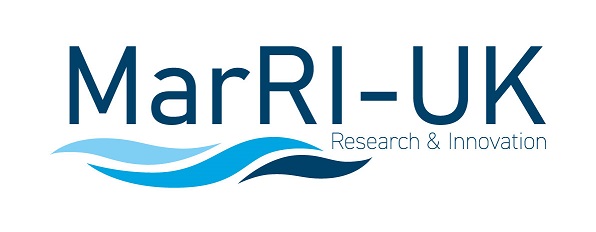Fuel Cell – Battery Hybrid Ship led by Babcock
Project partners:
- WMG
- Fuel Cell Systems
Hydrogen is a good option for decarbonising shipping, providing a fuel that is zero emission at point of use and with increasing focus a competitive price per kg in the coming decade. However, there are challenges that need to be overcome, namely, production and supply of green Hydrogen in large volumes as well as methods of safely integrating and storing Hydrogen on-board a ship.
Proton Exchange Membrane Fuel Cells (PEMFC), are a proven technology with a more competitive price point per kW than SOFC, driven by the Land transport sector. However, this project identified some limitations with purity of Hydrogen as well as susceptibility to damage from salt water and pollutants present in a port environment.
Virtual Fuel Cell Testing, identified the modified optimal energy management system (MOEMS) as the most effective power-energy management profile for a hybrid Hydrogen Fuel Cell – Battery Energy Storage solution. The MOEMS consumed just 4.16kg of Hydrogen across the duty cycle, 44.7% less than the PI-Controller Classical Energy Management Strategy (PI-EMS) and 12.5% less than the Simple State Machine based Algorithm (SSM-EMS). This was achieved through an effective balancing of battery SoC, optimised running of the Fuel Cell (~60%) and close monitoring of energy storage system health (runtime) over the full duty cycle.
Physical Fuel Cell Testing, evaluated the technology under three conditions; constant power demand, multi-step power demand and high/low fuel cell demand. The reader should note that the project faced several challenges with the PS-5 Fuel Cell stack, notably loss of CAN communication during the second phase of testing which restricted control of the stack. Key observed characteristic during testing included a 10 second delay in reaching required power output from idle, consumption of a small amount of battery power during start-up and an average operating efficiency of 60% when fulfilling the power demand.

Figure Real time test architecture for Physical FC-BATShip propulsion
The consortium is targeting existing customers with two services:
- Vessel Suitability and Concept Design, providing design services to customers, covering, an assessment of the target vessel, study of shoreside infrastructure required and recommendations on Hydrogen storage and safety.
- Hardware-in-the-Loop Testing, a low-cost test capability where customers can experiment with different Hydrogen Fuel Cell technologies as well as refining understanding of different power-energy management strategies to optimise efficiency, performance, and lifecycle.
Babcock Final Report
Send download link to:

